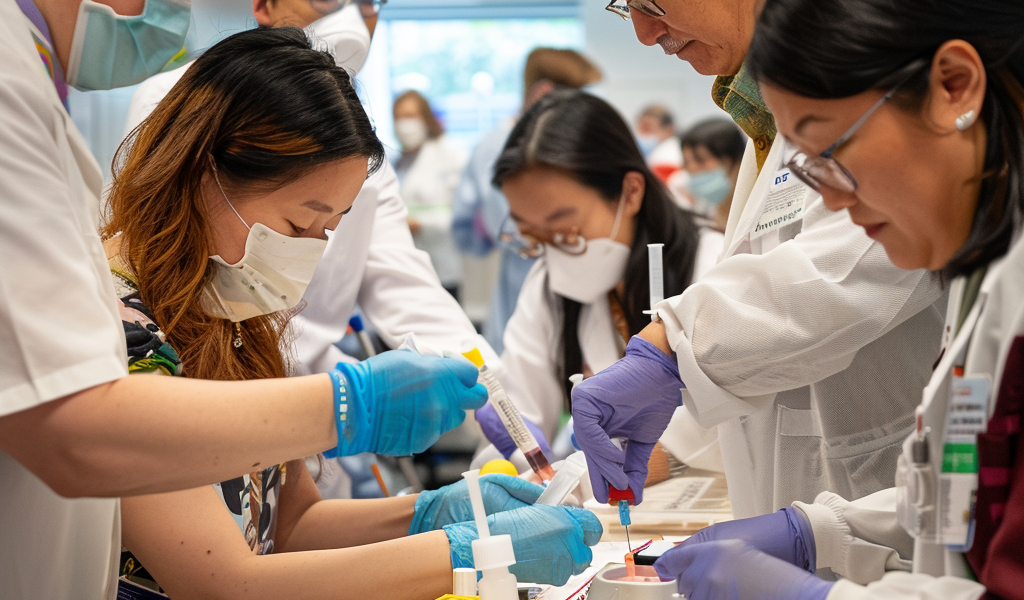Scientists have initiated the first human trials for a vaccine against the Marburg virus, a deadly pathogen closely related to Ebola. The Marburg virus, discovered in 1967, poses a significant threat as there are currently no approved vaccines or treatments available for this highly fatal disease.
The trial, conducted at the University of Oxford, has administered the ChAdOx1 Marburg vaccine to 46 individuals aged between 18 and 55. This groundbreaking research is funded by the Department of Health and Social Care as part of the UK Vaccine Network (UKVN), aimed at developing vaccines for infectious diseases with epidemic potential in low and middle-income countries.
Professor Teresa Lambe OBE, the lead scientific investigator, emphasized the urgency of developing a vaccine for the Marburg virus due to its potential to cause widespread outbreaks and inflict severe suffering. The virus has been responsible for multiple outbreaks in Sub-Saharan Africa, with a high case fatality rate of up to 88% based on previous incidents.
The Marburg virus is transmitted through direct contact and bodily fluids, making healthcare workers particularly vulnerable to infection. The virus can disrupt blood clotting, leading to internal bleeding and brain inflammation, highlighting the critical need for an effective vaccine to combat this deadly disease.
Professor Lambe underscored the significance of the Oxford trial as a crucial step towards safeguarding populations from future Marburg outbreaks. The research aims to develop a safe and effective vaccine that can offer protection against this devastating virus.
Stay informed with the latest updates on medical research, science, and health developments. Follow BBC South on social media platforms for more news and information on the Marburg virus and other related topics.





